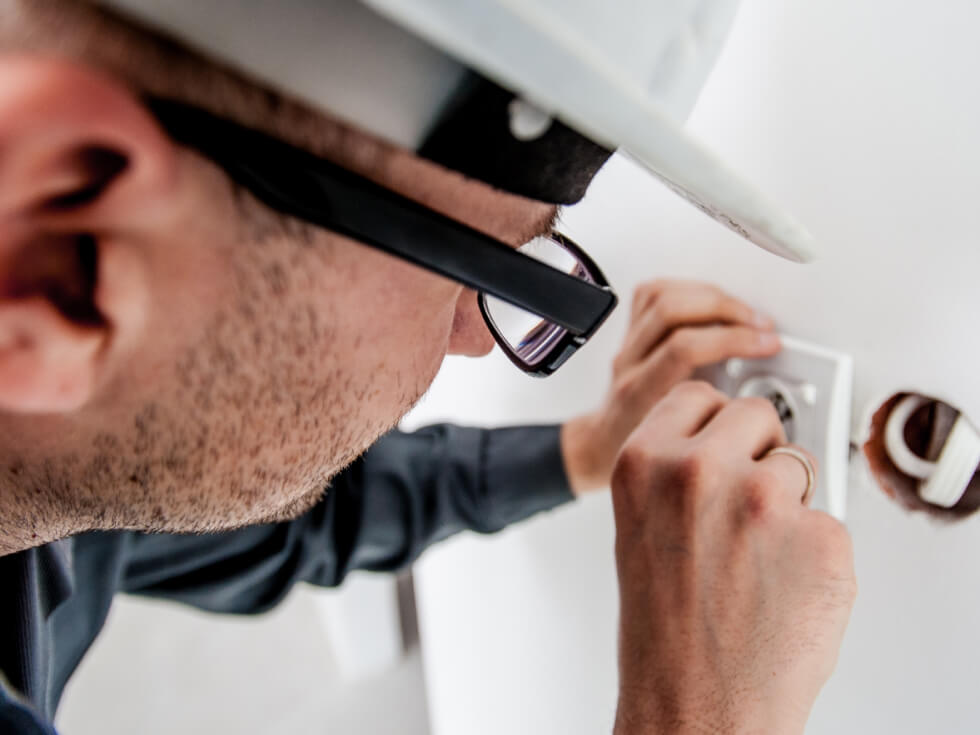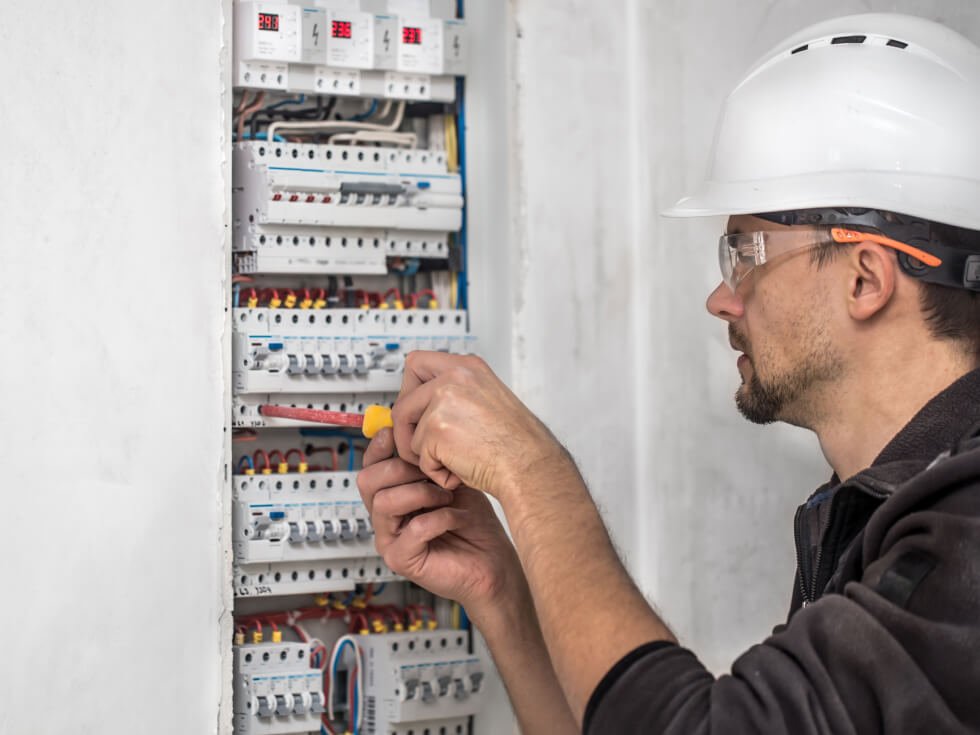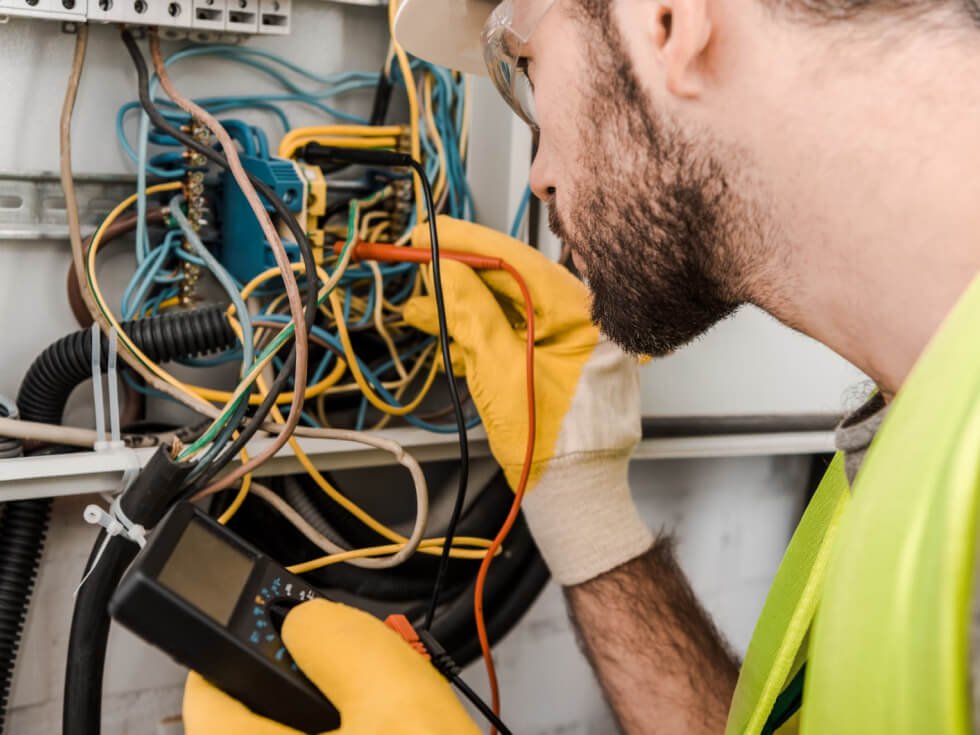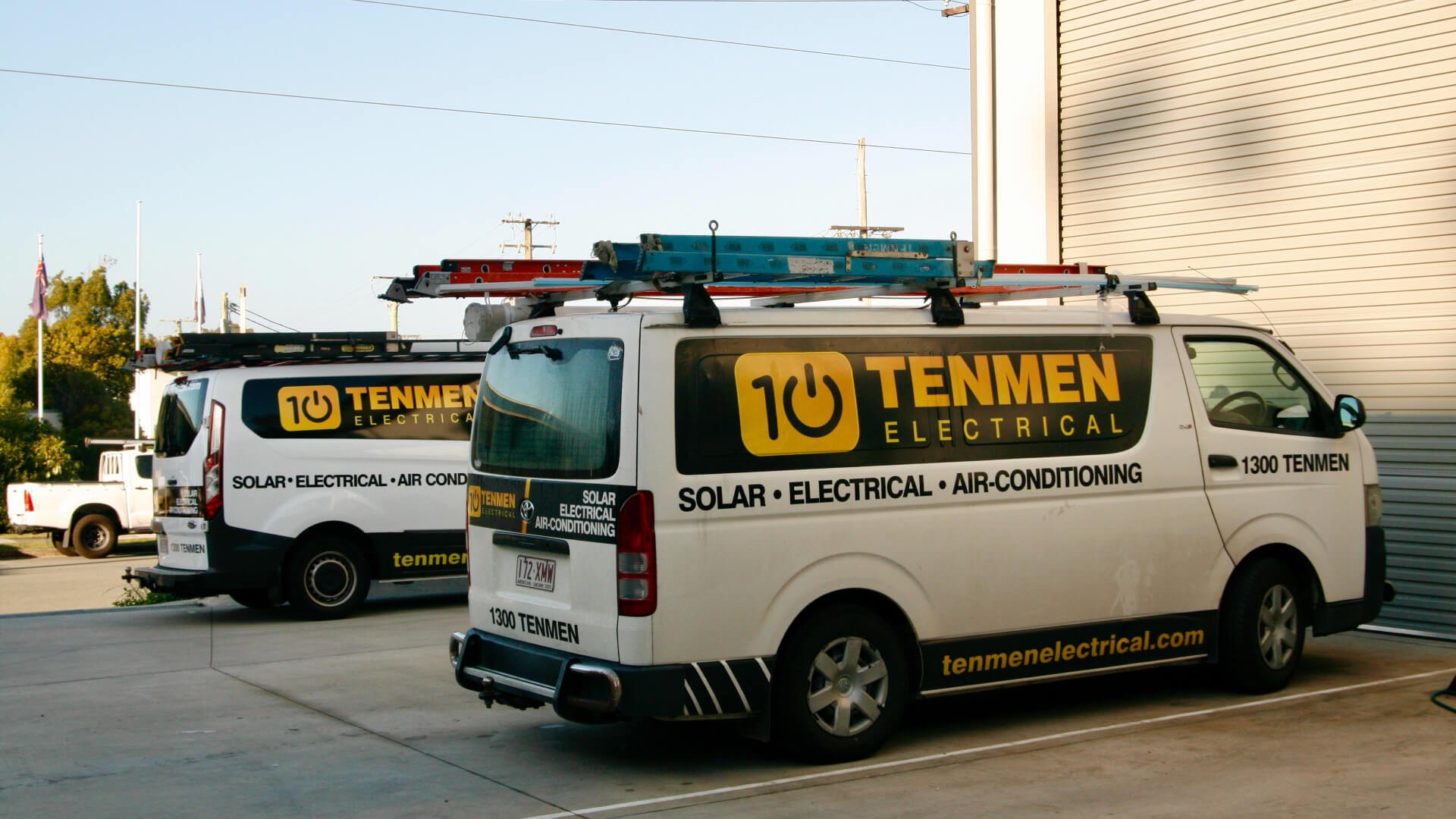When we find ourselves in need of fixing something or doing electrical work at home, one of the first things that pops into our heads is, “How much will it cost to call an electrician?” Whether it’s installing an air conditioner, a new fan, a smoke alarm, or any other electrical task, knowing the price is always a top concern.
The answer to this question can vary depending on several factors, and understanding these factors can help individuals make informed decisions and budget accordingly.
1. Type of Electrical Work
The cost of hiring an electrician largely depends on the type of work required. There are various tasks an electrician may undertake, ranging from simple repairs and maintenance to complex installations. Here are some common types of electrical work and their associated costs:
- Electrical Repairs: Minor repairs, such as fixing a faulty outlet or replacing a broken switch, are relatively inexpensive and can cost anywhere from $50 to $150, depending on the electrician’s hourly rate and the nature of the repair.
- Electrical Installations: Installing new electrical fixtures, appliances, or lighting can be more expensive, typically ranging from $100 to $500 or more, depending on the complexity and time required for the installation.
- Electrical Upgrades: Upgrading an electrical panel or rewiring a house can be a substantial investment, ranging from $1,000 to $3,000 or higher, depending on the size of the property and the scope of the upgrade.
- Emergency Services: If you need an electrician’s immediate assistance, especially during non-business hours, emergency service rates may apply, which can be higher than standard rates.
2. Hourly Rates
Electricians usually charge by the hour for their services. Hourly rates can vary significantly based on the electrician’s experience, location, and demand for their services. On average, electricians charge between $60 to $150 per hour. Master Electricians with extensive experience or those working in high-cost urban areas may charge more.
3. Flat Fees
For some straightforward tasks, electricians may offer flat fees. For example, installing a ceiling fan or replacing a circuit breaker might be quoted at a fixed price. However, keep in mind that the actual cost may still vary depending on any unforeseen complexities.
4. Travel Charges
Electricians may also add travel charges if the job location is far from their base of operations. This additional fee covers the cost of transportation and is generally calculated based on the distance to the job site.
5. Permits and Inspections
For major electrical projects, permits and inspections may be necessary. These costs are usually borne by the homeowner or property owner and can vary depending on local regulations.
6. Additional Costs
In some cases, there might be additional costs for materials, especially if the electrician needs to replace damaged components or install new ones. Always discuss material costs and obtain a breakdown of the expenses to avoid any surprises.
Choosing the Right Electrician
As you plan your electrical project, it’s always recommended to obtain quotes from multiple electricians and carefully compare their rates, services and reputation. When hiring an electrician it’s essential to strike a balance between cost and quality. Remember, the cheapest option may not always be the best choice when it comes to electrical work. While it might be tempting to go for the lowest price, a shoddy electrical job can lead to costly mistakes and compromise safety. It’s always best to invest in the services of a qualified and licensed electrician for peace of mind and a safe, well-executed project.









